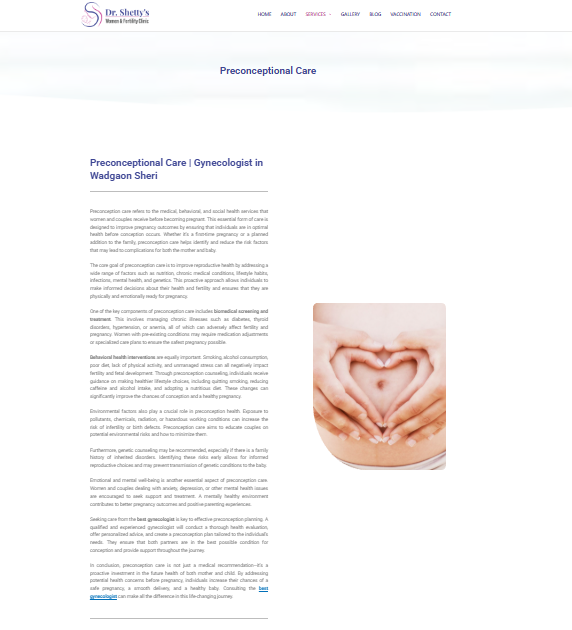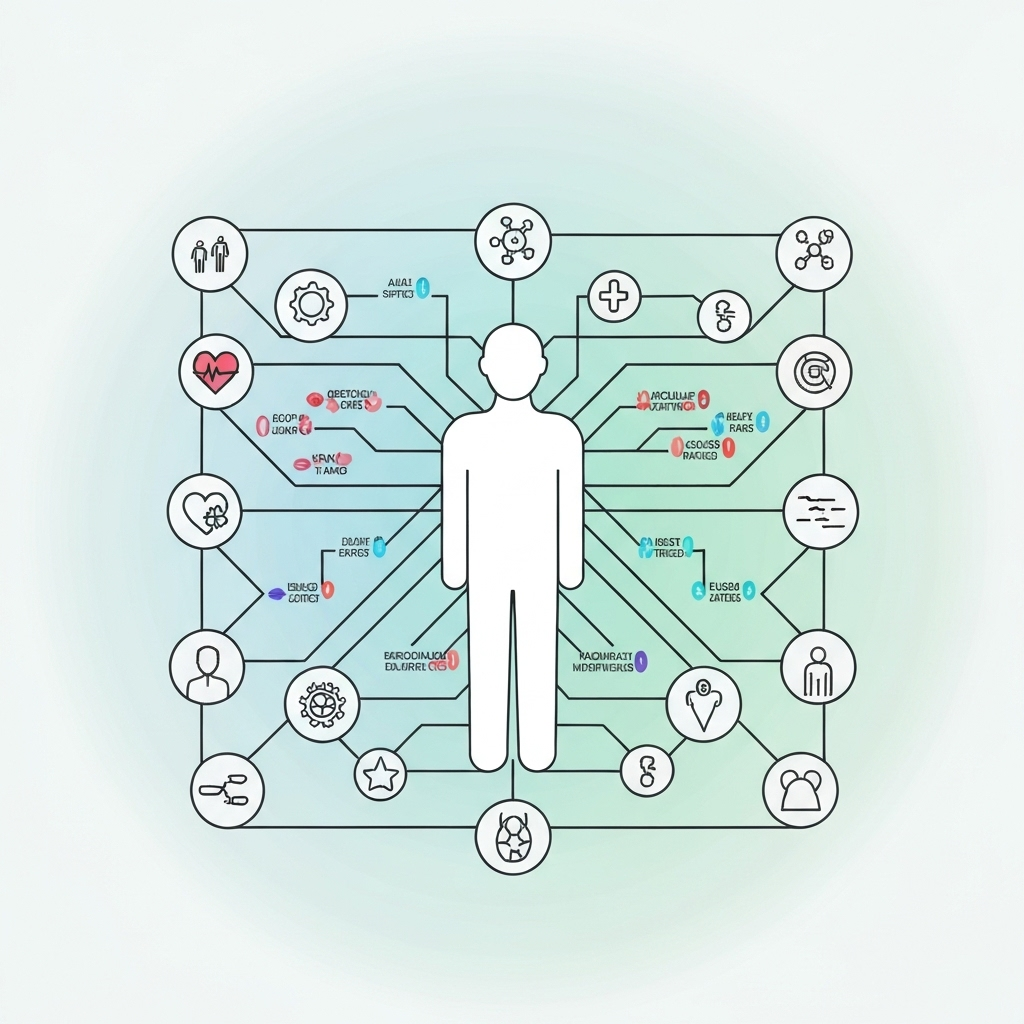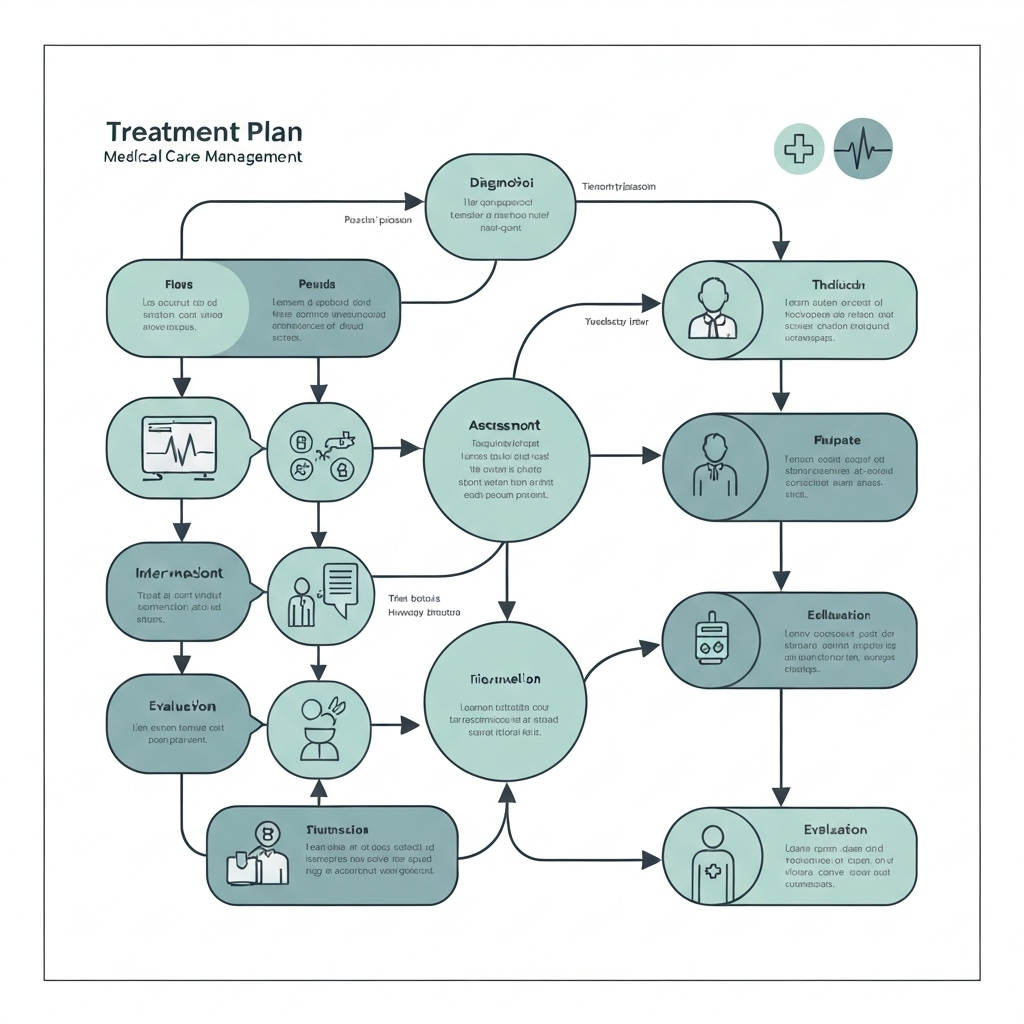Infertility Evaluation And Treatment
Expert care and guidance from Dr. Meenal Warade, your trusted gynecologist.

About Infertility Evaluation And Treatment
Infertility evaluation and treatment provides comprehensive care for couples experiencing difficulty conceiving. Infertility is defined as the inability to achieve pregnancy after one year of regular, unprotected intercourse, or six months for women over 35. With proper evaluation and treatment, many couples can successfully achieve pregnancy.
Modern fertility treatment involves thorough evaluation of both partners to identify the underlying causes of infertility. Treatment options range from simple lifestyle modifications and medications to advanced assisted reproductive technologies. The approach is individualized based on the specific diagnosis, age, duration of infertility, and patient preferences.

Expert Consultation
Personalized care with comprehensive evaluation and treatment planning.

Advanced Technology
State-of-the-art equipment for accurate diagnosis and effective treatment.
Common Causes & Risk Factors
Infertility can result from factors affecting either partner or both. In women, common causes include ovulatory disorders such as polycystic ovary syndrome (PCOS), hormonal imbalances, or premature ovarian failure. Structural problems like blocked fallopian tubes, uterine abnormalities, or endometriosis can also prevent conception.
Male factor infertility accounts for about 40% of cases and typically involves problems with sperm production, function, or delivery. This can include low sperm count, poor sperm motility, abnormal sperm shape, or blockages preventing sperm delivery.
Age significantly affects fertility, particularly for women over 35, as egg quality and quantity decline. Other contributing factors include lifestyle choices such as smoking, excessive alcohol consumption, poor nutrition, stress, and environmental toxins. In some cases, the cause of infertility remains unexplained despite thorough testing.

Lifestyle Factors
Understanding how daily habits and choices impact your health.

Genetic Factors
Family history and genetic predisposition considerations.
Prevention & Management
While not all causes of infertility can be prevented, many factors can be optimized to improve fertility potential. Maintaining a healthy weight, eating a balanced diet rich in antioxidants, and taking prenatal vitamins with folic acid support reproductive health.
Lifestyle modifications include quitting smoking, limiting alcohol consumption, managing stress, and avoiding exposure to environmental toxins. Regular exercise is beneficial, but excessive exercise can negatively impact fertility. Managing chronic conditions like diabetes or thyroid disorders is also important.
For women, tracking ovulation and understanding fertile windows can help optimize timing for conception. Both partners should avoid excessive heat exposure (hot tubs, saunas) and certain medications that may affect fertility. Early evaluation is recommended if conception doesn't occur within the expected timeframe.

Regular Screening
Early detection through routine examinations and preventive care.

Treatment Planning
Customized treatment approaches tailored to individual needs.
Frequently Asked Questions
Ready to Get Started?
Schedule your consultation with Dr. Meenal Warade today for personalized care and expert guidance.